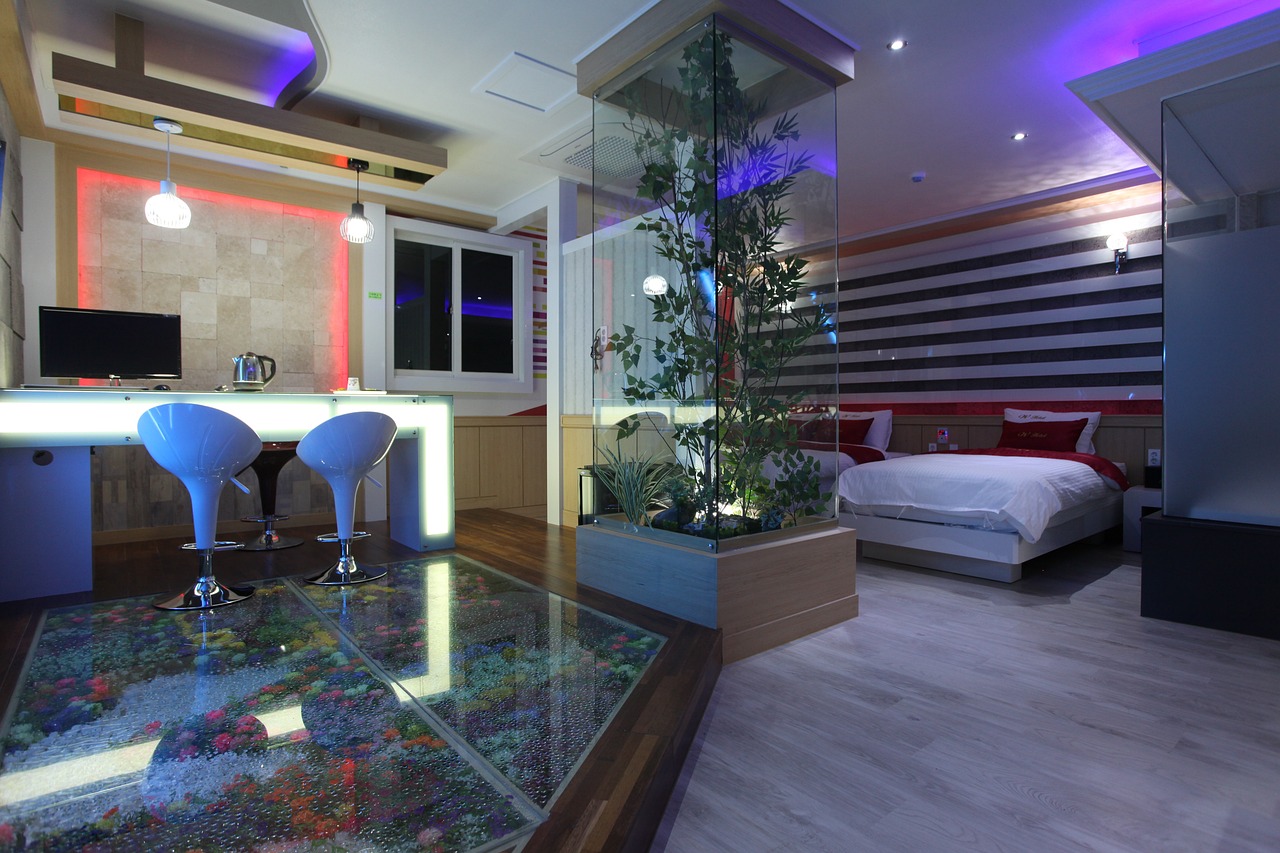The safety and satisfaction of your guests are paramount in the hospitality industry. Both your business and your guests need solid hotel insurance. This guide explores the essentials of hotel insurance, helping you understand the different types of coverage, manage costs, and safeguard your operations.
Understanding Hotel Insurance
Hotel insurance is a comprehensive policy designed to protect hotels from various risks, including property damage, liability claims, and business interruptions. Given the diverse nature of the hospitality industry, having the right insurance coverage is crucial for mitigating risks and ensuring smooth operations. By understanding what hotel insurance entails, you can better prepare for the unexpected and maintain a secure environment for your guests and staff.
Key Components of a Hotel Insurance Program
A well-rounded hotel insurance program typically includes several key components that address the unique needs of the hospitality sector:
Property Insurance:
This type of coverage protects against damage to your hotel’s physical assets, including buildings, equipment, and inventory. Whether it’s a fire, storm, or vandalism, property insurance helps you recover from physical losses and get your operations back on track as quickly as possible.
Liability Insurance:
Liability insurance is essential for protecting your hotel against claims made by guests who may suffer injuries or property damage while on your premises. This coverage helps manage the financial impact of lawsuits and settlements, ensuring that a single incident doesn’t jeopardize your business’s stability.
Business Interruption Insurance:
When unforeseen events like natural disasters or major repairs force your hotel to close temporarily, business interruption insurance covers the lost income during the downtime. This ensures that you can continue to pay your employees and meet other financial obligations even when your doors are closed.
Hotel Insurance for Guests
Ensuring the protection of your guests is a fundamental aspect of hotel insurance. This includes coverage for personal belongings and liability protection for accidents that may occur during their stay. Guests expect a safe and secure environment, and providing comprehensive insurance coverage can significantly enhance their experience and trust in your establishment.
Personal belongings coverage protects your guests’ valuables in case of theft, loss, or damage while on your property. This could range from lost luggage to stolen personal items from their rooms. Liability coverage for accidents ensures that if a guest gets injured on your premises, your insurance can help cover medical expenses and other related costs. By offering these protections, you not only comply with legal requirements but also build a reputation for being a responsible and caring host.
Guest Insurance
Guest insurance is an additional layer of protection that hotels can offer. It provides peace of mind to your guests by covering incidents that may not be included in standard hotel insurance policies. For instance, if a guest accidentally damages hotel property or injures another guest, guest insurance can help cover the costs, reducing potential disputes and fostering a more positive relationship between you and your guests.
Hotels can offer guest insurance as part of their booking packages or as an optional add-on. This flexibility allows guests to choose the level of coverage they feel comfortable with, enhancing their overall stay experience. Additionally, promoting guest insurance can differentiate your hotel from competitors, showcasing your commitment to guest safety and satisfaction.
By implementing a comprehensive hotel insurance program that includes guest insurance, you demonstrate a proactive approach to risk management and guest care. This not only protects your business financially but also strengthens your reputation in the competitive hospitality market.
Hotel Insurance Costs
Understanding hotel insurance costs is vital for effective budget management. These costs can vary widely based on several factors, such as the location, size, and type of hotel, as well as the specific coverage limits and deductibles chosen.
Location:
Hotels in areas prone to natural disasters like floods, hurricanes, or earthquakes may face higher insurance premiums. Similarly, properties in high-crime areas might also incur additional costs due to the increased risk of theft or vandalism.
Size and Type of Hotel:
The size of your hotel and the amenities it offers can significantly influence insurance costs. Larger hotels with more rooms, pools, gyms, or spas typically face higher premiums due to the increased risk and value of assets.
Claims History:
A hotel with a history of frequent or large insurance claims may be considered a higher risk by insurers, leading to higher premiums. Maintaining a safe environment and minimizing claims can help keep costs down.
To manage and reduce insurance costs, consider investing in safety measures like security systems, fire alarms, and regular maintenance. Working with an experienced insurance broker can also help you find the best deals and tailor your coverage to meet your specific needs without unnecessary expenses.
Choosing the Right Hotel Insurance Program
Selecting the right hotel insurance program requires a thorough assessment of your hotel’s specific needs. Every hotel is unique, and so are its insurance requirements.
Here are some steps to help you make an informed decision:
Assess Your Needs:
Begin by evaluating the risks your hotel faces. Consider the property value, the number of employees, the volume of guests, and any special services you offer, such as events or dining.
Compare Providers:
Not all insurance providers are created equal. Take the time to compare different insurers, their reputation, and the coverage options they offer. Look for providers with experience in the hospitality industry.
Work with a Broker:
A knowledgeable insurance broker can be invaluable in navigating the complexities of hotel insurance. They can help you understand your options, negotiate better terms, and ensure you get the most comprehensive coverage at a competitive price.
Claims Process
When an incident occurs, knowing how to navigate the claims process is essential for a swift resolution. Here are the steps to take when filing a claim:
Document the Incident:
As soon as an incident occurs, document everything thoroughly. Take photos, gather witness statements, and keep detailed records of the event. This documentation will be crucial when filing your claim.
Notify Your Insurer:
Contact your insurance provider promptly to report the incident. Timely reporting is essential to ensure that your claim is processed quickly and efficiently.
Work with Adjusters:
Insurance adjusters will evaluate the damage and determine the payout. Cooperate with them and provide all necessary documentation to support your claim. Clear communication can help speed up the process.
Keep Records:
Maintain a file with all correspondence, forms, and receipts related to the claim. This can help you track the progress and address any issues that may arise.
A smooth claims process depends on preparation, clear communication, and prompt action. Ensuring your staff is trained on these procedures can further streamline the process.
Legal Considerations
Staying compliant with local and federal regulations is a critical aspect of managing hotel insurance. Insurance laws can vary significantly depending on your location, and keeping up-to-date with these regulations is essential to avoid legal complications.
Local and Federal Regulations:
Different areas have different insurance requirements, and failing to comply can result in fines or legal action. Make sure your insurance coverage meets all mandatory standards.
Regular Reviews:
Regularly reviewing your insurance policies and staying informed about changes in the law can help you maintain compliance. This also ensures that your coverage evolves with your hotel’s changing needs.
By prioritizing legal compliance, you protect your business from unnecessary risks and demonstrate a commitment to operating within the law. This proactive approach not only safeguards your hotel but also reinforces trust with your guests and stakeholders.
Enhancing Guest Safety and Satisfaction
Guest safety and satisfaction should always be top priorities in your hotel operations. Implementing safety protocols and measures not only helps in preventing incidents but also boosts your guests’ confidence in your establishment.
Safety Protocols:
Establish clear safety guidelines for both guests and staff. This includes emergency evacuation plans, regular safety drills, and clear instructions on how to handle common emergencies.
Staff Training:
Ensure that all staff members are trained in basic safety and emergency procedures. This includes first aid, CPR, and how to use safety equipment like fire extinguishers. Well-trained staff can act quickly and effectively in emergencies, reducing potential harm.
Communicating Coverage:
Make sure your guests are aware of the insurance protections in place. This can be communicated during check-in, through in-room materials, or via your website. Knowing that they are protected can significantly enhance their sense of security and satisfaction.
By proactively addressing safety concerns and clearly communicating your insurance coverage, you create a welcoming and secure environment that can lead to higher guest satisfaction and repeat business.


